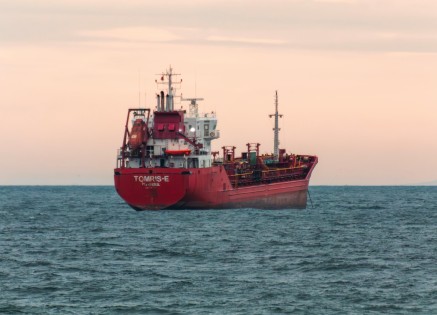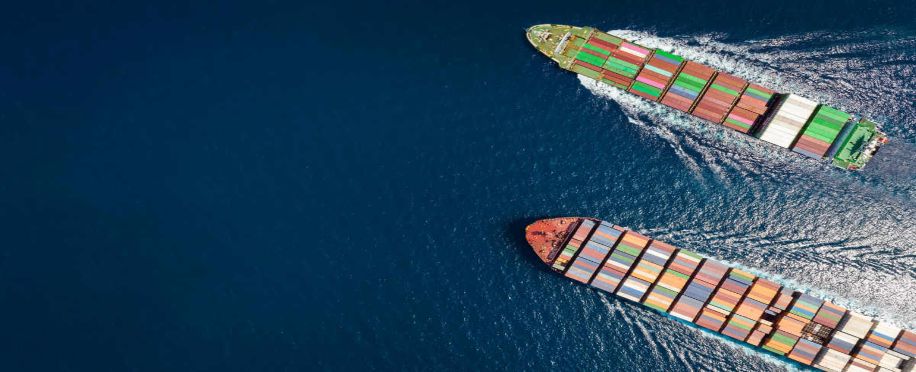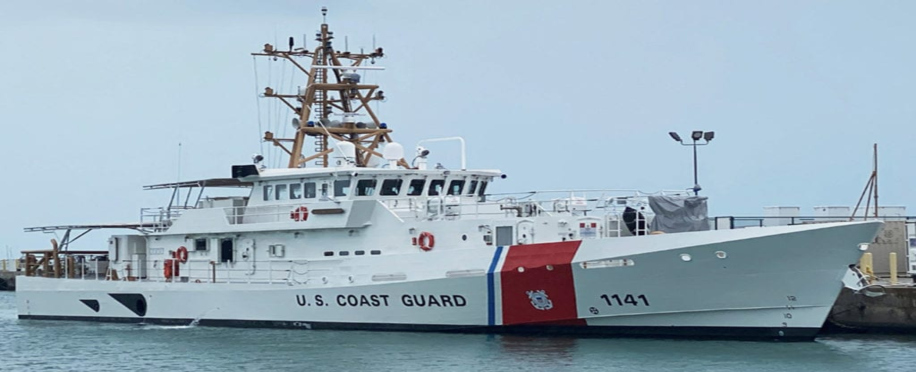DNV and Partners will Use Digital Twins to Improve Testing Standards for Electric Vessels

Posted on Jan 30, 2025 at 11:01 PM
On Friday, January 24, the classification society DNV signed a Memorandum of Understanding (MoU) with HD Korea Shipbuilding & Offshore Engineering (KSOE) and HD Hyundai Mipo (HMD).
The collaboration's main goal is to improve ship efficiency and safety by creating standards for evaluating electric-powered boats using criteria and methods based on digital twins.
Additionally, resolving problems with the integration of extremely complicated vessel systems for electric propulsion is the project's main goal.
Integration Testing for Complex Systems
Integration tests may be carried out early in the process on a much deeper level and with more breadth by using hardware-in-the-loop (HiL) testing through digital twins of the various systems.
However, we must have faith in the digital assets to guarantee the tests' correctness. DNV, HMD, and KSOE are collaborating to verify these digital assets. The integration process will go more smoothly if DNV-verified digital assets are used. Additionally, using the same standards and HiL test methodology guarantees the testing's dependability when systems from several providers are tested together.
Moreover, HD Hyundai Mipo's Head of Quality Management, Kitae Kim, has announced a technical collaboration aimed at establishing clear digital twin-based testing procedures and standards. The aim is to promote industry engagement, ensure consistency in findings, and protect ship systems' performance and safety, while also leading in developing a digital twin ecosystem for the shipbuilding sector.
The Maritime Training Academy courses offer online and in-class programs taught by professionals in the field. Its main objective is to investigate every facet of marine-associated technology.

A New Era of Maritime Innovation
HD Hyundai Mipo, HD KSOE, and DNV have partnered to develop and
implement digital twin technology, including HiL, to enhance vessel performance and quality. This collaboration marks a significant milestone in driving digital innovation in the shipbuilding and marine industry.
Notably, Andreas Kristoffersen, Head of Approval Centre Korea and DNV Martime, stated that "this MoU highlights HMD, KSOE, and DNV's commitment to driving digitalisation in the maritime industry." By adopting digital twin-based testing for complex systems, we are working together to shape the future of maritime operations and set new industry standards for safety and performance."
Furthermore, the project will focus on managing digital assets throughout the vessel's lifecycle to maximise their long-term worth. With validated assets, component models may be used in a "plug-and-play" way as new systems are added to the simulation area or modified over time.
This initiative aims to provide the groundwork for exploiting class-verified digital assets to facilitate more extensive and timelier HiL testing. It is consistent with DNV's Data-driven Verification (DDV) nomenclature, which was intended to ensure the dependable functioning of complex systems.
Ultimately, DNV supported the maritime industry's transition to sustainable alternatives to lessen its carbon footprint last month by introducing a new competency standard and recommended practice to guarantee the safe use of methanol and ammonia as ship fuels.
Read more news:


